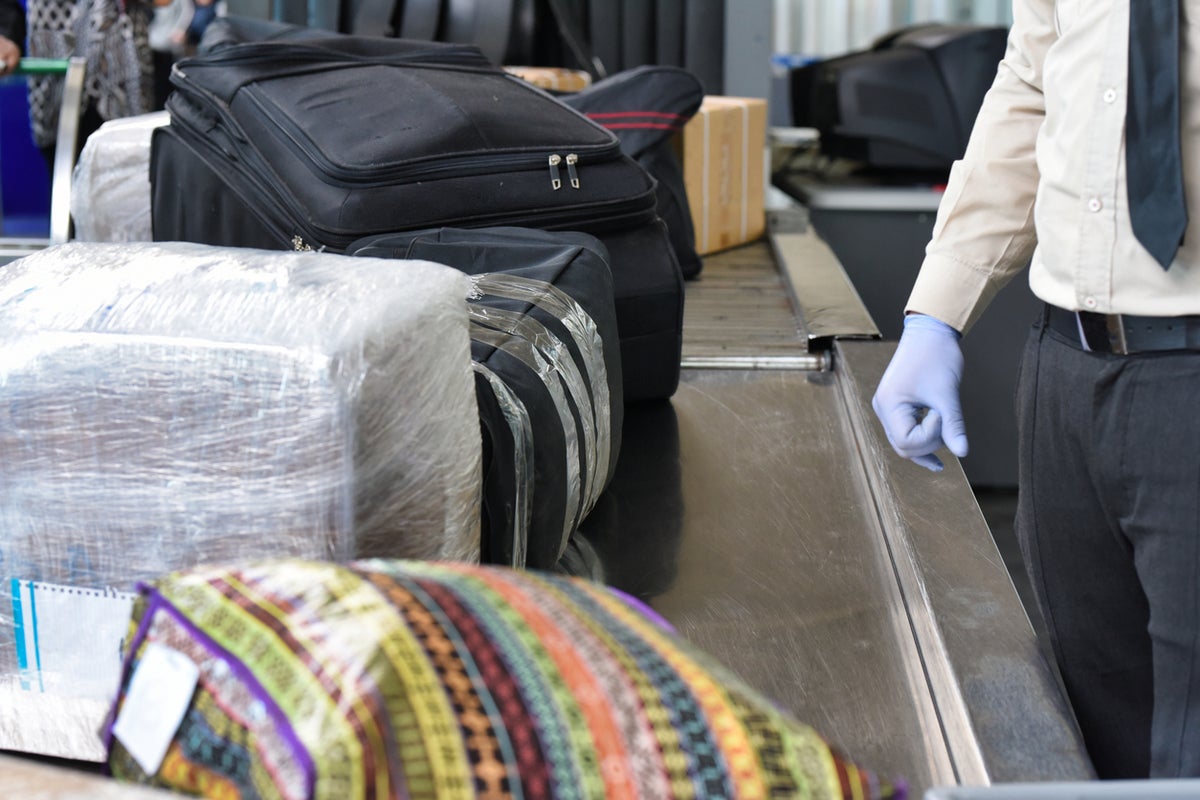Traveling Safely and Legally with Your Medications
Imagine arriving at an exotic destination only to be confronted by customs officials, brandishing your medications like contraband. Instead of the beauty of a tropical sunset, you find yourself engulfed in a bureaucratic nightmare, possibly leading to confiscation or worse. As travel resumes in earnest this summer, the complexities surrounding the legality of taking medications abroad have become increasingly pressing. For millions, packing isn’t just about swimsuits and sunblock; it also involves essential medicines that require careful planning.
Know the Law
It’s a common misconception that prescriptions from the UK guarantee hassle-free travel. “Just because a medication is legal in your home country doesn’t mean it’s permissible everywhere,” warns Dr. Ayesha Ramai, a specialist in travel medicine. This warning rings particularly true for drugs containing opioids or certain stimulants, which can be banned outright in some regions.
For example, Nurofen Plus, which contains codeine, is illegal in Egypt and the UAE, and common cold remedies with pseudoephedrine can complicate travels to Japan. Many nations maintain strict controls over even the most benign medications due to their potential for misuse. According to a study by the International Journal of Travel Medicine, 30% of travelers reported issues related to medication regulations during their trips.
- Verify whether any medications are restricted or prohibited in the destination country.
- Check if a prescription or doctor’s letter is necessary for bringing the medication.
- Understand how much medication can legally be carried (usually a maximum of a three-month supply).
Ignoring these guidelines can lead to serious repercussions, including fines or detention. “The law favors compliance,” adds Dr. Ramai, emphasizing the importance of pre-trip research. Before heading out, travelers should consult their destination’s embassy website or the UK government’s travel advice to gain clarity on local laws.
Store Your Medication Properly
Beyond compliance, ensuring the efficacy of medications while traveling is crucial. Many individuals may be tempted to simplify packing by transferring pills into smaller containers. “This is a risky practice,” warns pharmacy lecturer Dr. Emily Hazell. “Unlabeled containers can lead to confusion at customs.” Keeping medications in their original packaging not only helps with identification but also preserves their properties, especially for temperature-sensitive drugs like insulin.
To navigate air travel, consider these points:
- All medications should remain in their original packaging with clear labeling.
- For sensitive drugs, use insulated bags to maintain required temperatures.
- Carry a doctor’s note to facilitate the transport of larger liquid medications through security.
Specialty medications such as Wegovy and Ozempic require refrigeration; thus, consult your airline in advance regarding storage solutions during flights. “Airlines do not typically offer refrigeration for passenger items,” Dr. Hazell adds, underscoring the need for proactive measures.
Don’t Skip Doses
In the flurry of travel preparations, it may be tempting to leave medications behind, especially for short getaways. However, this can lead to grave health risks, particularly for chronic conditions. “Even a short pause in medication can lead to withdrawal symptoms or a relapse,” states psychiatrist Dr. Marcus Finch. He cautions that for medications requiring consistent bloodstream levels, missing doses can diminish their effectiveness. It is imperative to consult with healthcare providers about travel-friendly regimens, ensuring you remain safe and healthy while abroad.
Take the Right Documents
In the digital age, many travelers rely on mobile health apps to demonstrate their medical needs. However, these may not suffice during customs inspections. Most destinations require physical copies of prescriptions and possibly a doctor’s letter verifying the necessity for personal use. “Advance preparation is key,” advises Dr. Emily Wong, whose research outlines the importance of documentation in avoiding travel disruptions. “Put simply, the more information you have, the smoother your journey will be.”
Consult your doctor 1-2 weeks before your trip to request necessary documentation. Be prepared for practices that may charge a fee for these letters or could require some time to prepare them.
While traveling with medications doesn’t have to be an ordeal, it demands careful planning. Whether you’re seeking thrill in New York or relaxation in Bali, ensuring you’re legally compliant and well-prepared can make all the difference. With careful attention to legalities, correct storage methods, and thorough documentation, you can embark on your journey with peace of mind, safeguarding both your health and your adventure.
Source: www.independent.co.uk


